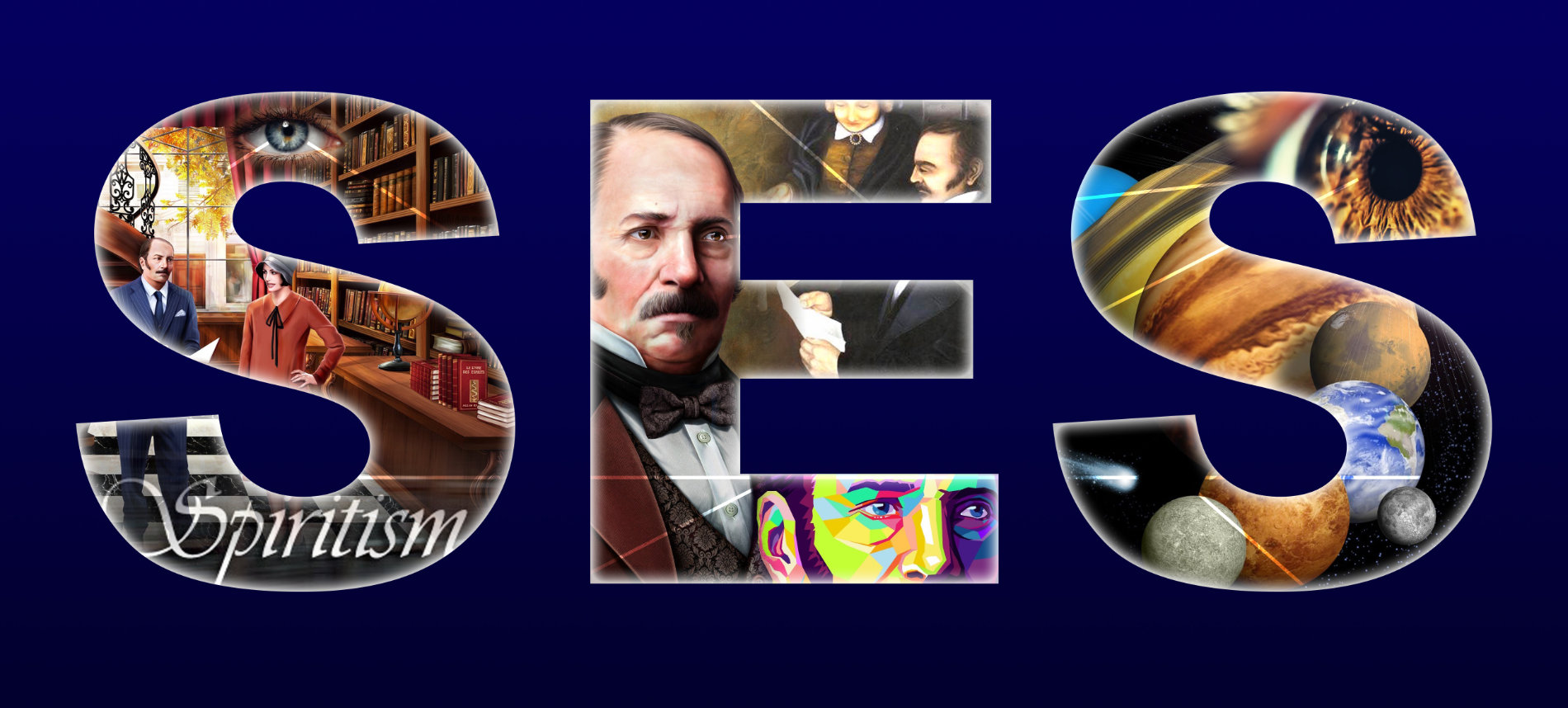
COVID19! OH, TELL ME MORE ABOUT KARMA
Lord, can’t hear you! Speak louder, please!
Covid19 has been awful. Except, I guess, for those who believe it’s a political fabrication. Why do we have to endure so many tragic deaths, watch a world helplessly paralyzed, and be at risk of losing our minds? For almost a whole year I have been asking these questions! Is it because of karma? So far, nothing, not even a hint, Oh, Lord.
Am I left to bow my head to the “wisdom” of those who claim to speak in Your name? If so, I confess, some of their ideas seem to bump hard against reality. Anyway, here is a sample of what I have heard:
… the outbreak is God’s retribution for gay marriage and abortion.
… Covid is God’s death angel to purge a lot of sin.
… (Texas’ bishop) I encourage the rank-and-file to refuse a vaccine that uses cell lines from the tissue of aborted fetuses, they are immoral.
… (Pope) Covid19 could be nature’s response to climate change.

Estelle Ishigo, Japanese-American Internment Camp (1940-45)
While some of these religious positions seem hardly sensible for a person who appreciates the facts of science, we must accept them for what they are, an expression of religious faith. Again, they show once more why faith and science diverge so much, and so often.
What about us, Spiritists? Where do we stand on these questions?
Since Covid19 has affected every country, is the virus a punishment for some evil done by humankind? Are those who have died, paying for crimes committed in previous lives?
In the U.S., why are the Black and Latino populations paying the heaviest price? Or in same vein, why is Covid19 killing more of those over 70 than younger populations? The pain has been immense, and the death toll in the US is expected to reach 500,000 people by the end of February.
In The Spirits’ Book there are only veiled references to the responsibility of a community for its actions, and in Action and Reaction, a book by Andre Luiz and Chico Xavier, there is a chapter on collective karma, but only in reference to the crash of a small airplane. Oh Lord, there doesn’t seem to be enough substance about this in the Spiritist literature, either.

Gobardhan Ash, The Famine of Bengal

Poussin, The Plague Ashdod (1630)
Our spiritual nature is to seek comfort in our philosophical perspectives during times of such disconcerting tragedy. It is frustrating that we seem to have nothing to serve as a reference here.
Frustrated with my not hearing from you, Lord, I decided to read about the history of cataclysmic natural and social events, and came across something that I consider spectacular.
El Nino, the climate pattern that is responsible for the warming of surface ocean waters, was a major force behind the French Revolution, and the downfall of Louis XVI, in 1789. An incredible cold winter, and an incredible wet spring destroyed the harvests, causing scarcity of wheat, raising the price of bread, which ended up tipping the country against the royalty and the church. The famine killed over 1.5 million people, and hundreds of thousands died in the street conflicts. The revolution that changed the world order, and gave us the motto “Liberté, Egalité, et Fraternité” was, in great part, driven by atmospheric currents from the Pacific Ocean!

Only now, 230 years later, are we beginning to understand how these forces interacted to trigger one of the greatest movements of social transformation in history. This realization is so humbling, I must confess. It’s just amazing to think how the invisible hands of progress manifest change.
What does it tell me? That our understanding of large-scale phenomena is very limited.
Those who seek comfort in the idea of a collective karma should take a deep breath and accept that long term consequences of some of these cataclysms are unknowable, and trust that there is a fundamental creative force driving our lives, our societies, the earth, and the works of the Universe.
Allan Kardec, certainly puzzled by the traumas of the French Revolution and the series of famines that plagued his own country, writes the following in The Spirits’ Book (Q. 741): Some of the hardships you face are of a collective nature and subject to the designs of Providence. To one degree or another, every person affected by these experiences has something to learn from them, and it’s impossible to avoid them. The best course is to find refuge in resignation and acceptance of a higher purpose.
Oh Lord, perhaps, I am beginning to hear You now. Your designs are unknowable to us. We should just trust Your wisdom. But let me pray this: I hope humanity won’t have to wait for 200 years to appreciate the growth and transformation triggered by Covid19.







Recent Comments